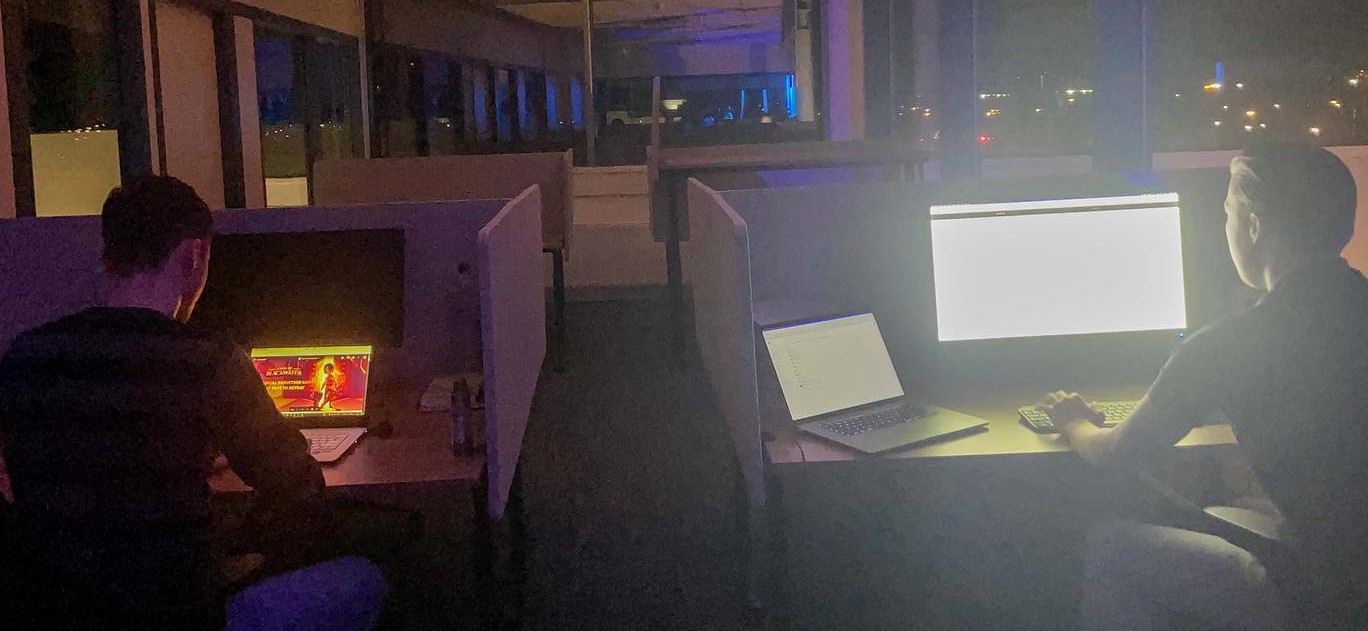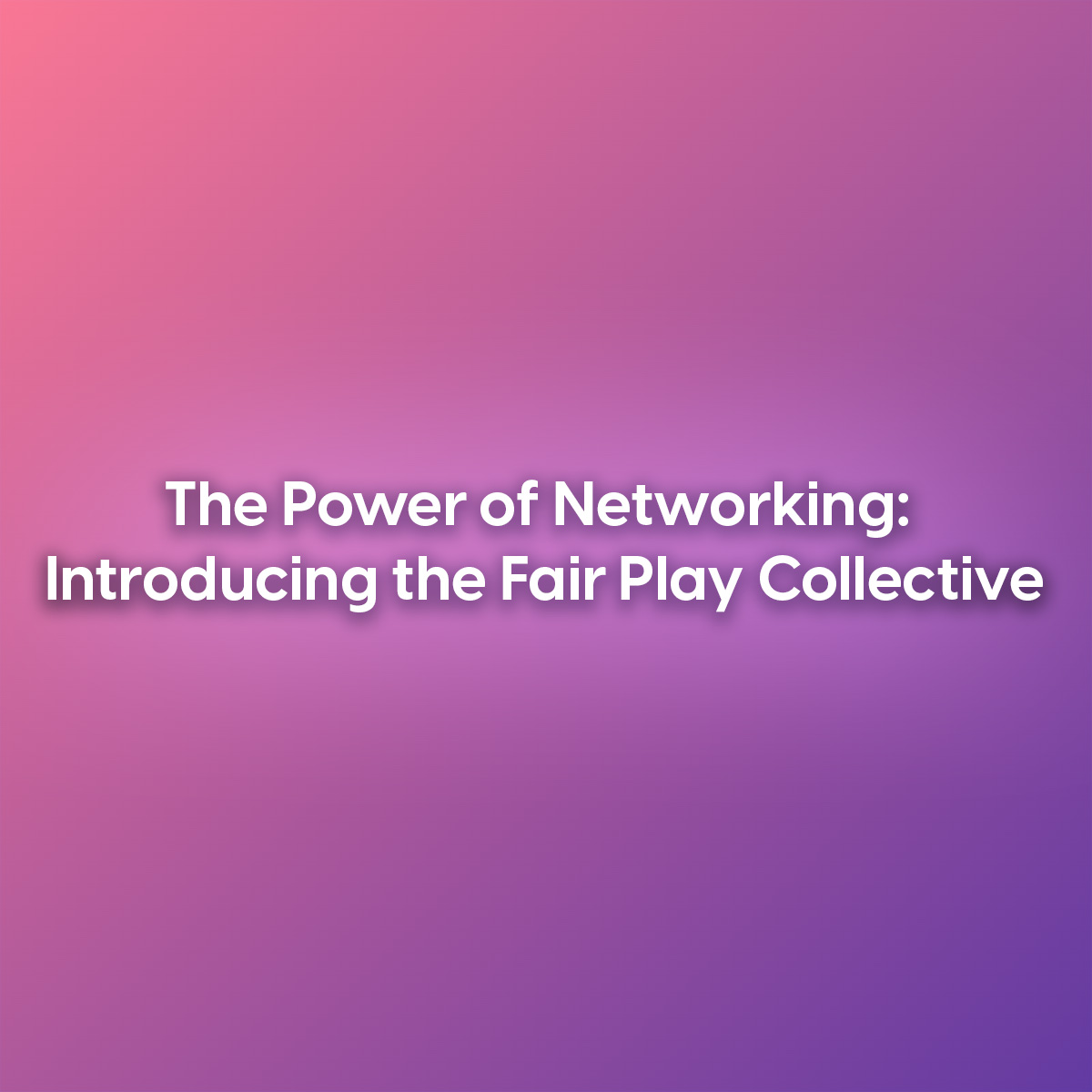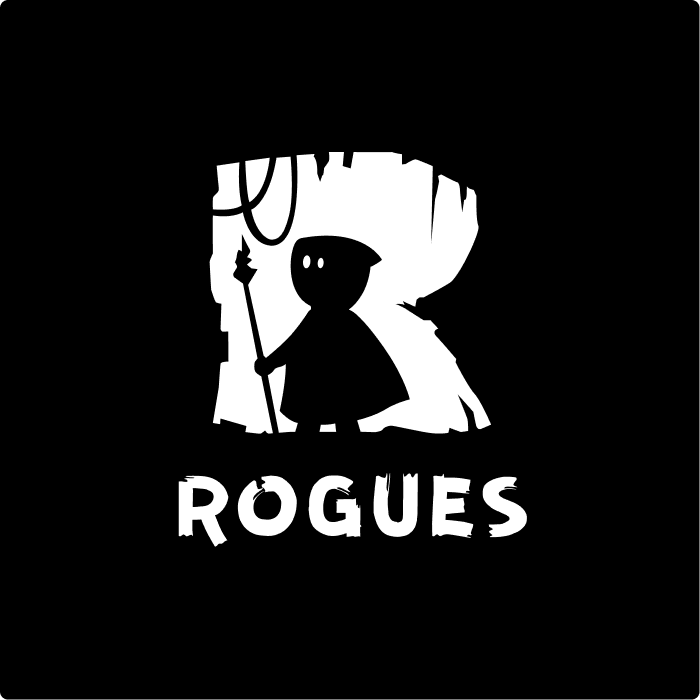Over the past few months I have spent countless hours researching the current state of the ‘Play-to-Earn’ industry. I have read many papers, both opinionated and academic, related to game development and economics. I have spoken to the many different stakeholders; the players, the builders, the investors, the guilds, the economists, I’ve interviewed them all. I have experimented and gotten involved with many of the current P2E projects in different stages of development, and lastly, I have documented my findings and shared some of my troubling insights with the world in the form of these weekly articles.
On Building a ‘Play-to-Earn’ Game
When Remo (Castle of Blackwater co-founder) and I set out to solve these challenges with our own blockchain game, we had every intention of making the most sustainable, fun-to play and innovative game on the market today. Yet even with our many months of research and analysis, we still ran into complex challenges on a weekly basis that slowed us down and forced us to expand our knowledge even further.
We quickly realised that the P2E industry is so new, that many of these challenges are not simply a Google search away. On the contrary, some challenges we faced would take weeks of problem-solving before we managed to overcome them, often using some revolutionary new blockchain based thinking that was only just becoming known. Most notably, the most complex of these problems we would never have solved by ourselves, and the most innovative of answers were usually found by reaching out to, and connecting with, other builders in the space.
We soon discovered that the most powerful asset in an emerging industry such as this one is your network, the people around you that have experienced and overcome their own set of challenges.

The Importance of Networking
For this exact reason, Remo and I strived to spend at least 2 days a week completely dedicated to networking; meeting new people and checking in with our existing contacts. Whenever meeting someone new, we always make it our goal to be as helpful and insightful as possible, to share as much knowledge that we can, in order to help our fellow builders overcome their challenges. And in return, we created flourishing relationships, where others were always willing to help us out with insights when we needed them the most.
We cannot overstate just how crucial this part of our strategy has been in facilitating the rapid development and growth that Castle of Blackwater has benefited from in the mere months since our official beginnings.
Types of ‘Play-to-Earn’ projects
Of course, not every conversation was as fruitful as the other, especially with regards to meeting other builders of ‘play-to-earn’ games. We were quickly able to distinguish between different kinds of builders:
Unsurprisingly, some of our most insightful conversations were with the second category of builder, which often resulted in marketing collaborations, brainstorm sessions and mutually beneficial insights. Not only did we click with their builders, but our communities also clicked with each other, as there was a clear aligning of morals and values that spoke to our members. Remo and I instantly knew that these kinds of strategic partnerships were not only beneficial to the growth of our own projects, but that they helped grow the reliability of the entire industry, and thus, we set out to formalise this relationship.
Introducing the Fair Play Collective
The Fair Play Collective (FPC) was born out of a mutual frustration with the lack of industry standards in P2E game building. It’s mission is to gather aspiring next-generation web3 gaming leaders and combine our collective understanding of the industry, so that we can all build better, more sustainable games.
Luckily, we quickly managed to spark an interest for this movement with some of the next-gen builders in the space that shared this mission, and today, the very first FPC Partners meeting will take place. Together with 5 other web3 gaming projects, we will be straightening out the details of how we want our collective to take shape, how we can improve our projects to better align with our proposed industry standards and how we can use the power of our collective to inspire other builders to do the same.
Once the foundation of our collective is solid, we will share our plans for further activation with the world, and explain how other builders can get involved and benefit from our objectives.
For now, all we can share is our website, where you can learn more about our mission and the FPC framework of higher industry standards.
We've also recently started a Discord channel, where we aim to create thoughtful web3 discussion and share some of our collective learnings within the community. By joining the channel as a supporter, you will be informed of upcoming events and other news related to the FPC.
Hopefully we can soon decorate our website with even more new faces and logo’s, as we continue to expand our network and bring the most forward-thinking industry leaders together.




